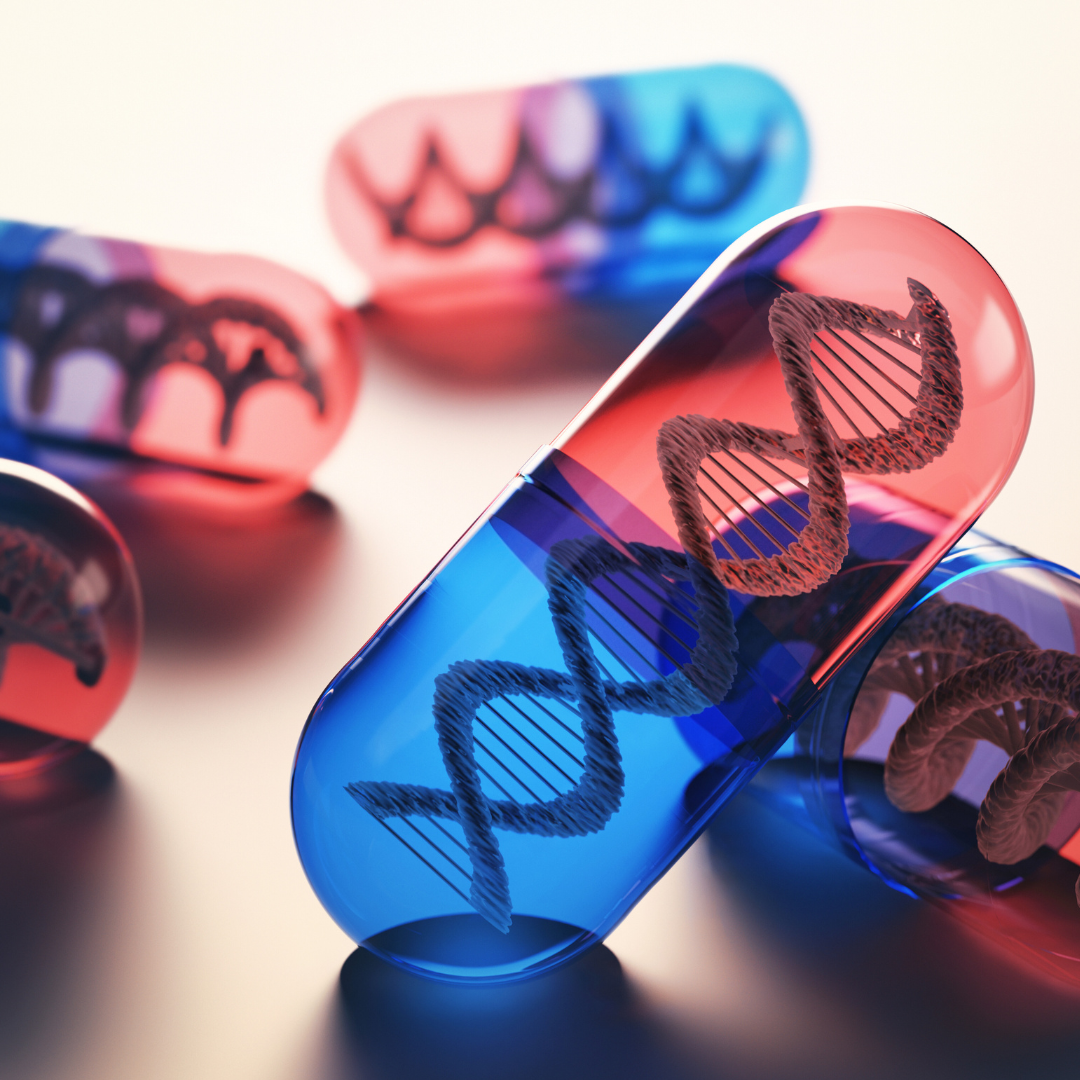Teen’s death following Sarepta DMD gene therapy underscores a risk seen for decades
By Michael Gibney,
PharmaVoice
| 03. 20. 2025
The death this week of a teenager receiving Sarepta Therapeutics’ gene therapy Elevidys for Duchenne muscular dystrophy is a tragic reminder of the stakes involved in cutting-edge biotech innovation.
While gene therapies like Sarepta’s offer an opportunity to treat and even cure diseases, that benefit carries risks. And although Elevidys has been used by more than 800 patients according to Sarepta, the recent death reflects concerns experts had with the therapy prior to its accelerated FDA approval in 2023 and full nod last year.
* * *
Despite a failed late-stage trial, Sarepta pointed to the treatment’s effect on secondary evidence of a functional mechanism of action. And Dr. Peter Marks, director of the FDA’s Center for Biologics Evaluation and Research, ultimately overruled regulatory staff and a review team when he expanded the therapy’s label to treat a wider range of patients.
The 16-year-old boy whose death was reported this week suffered from acute liver failure. While liver injury has been listed as a possible side effect of Elevydis and other gene therapies, no previous reaction was this severe...
Related Articles
By Mike McIntire, The New York Times | 01.24.2026
Genetic researchers were seeking children for an ambitious, federally funded project to track brain development — a study that they told families could yield invaluable discoveries about DNA’s impact on behavior and disease.
They also promised that the children’s sensitive...
By Arthur Lazarus, MedPage Today | 01.23.2026
A growing body of contemporary research and reporting exposes how old ideas can find new life when repurposed within modern systems of medicine, technology, and public policy. Over the last decade, several trends have converged:
- The rise of polygenic scoring...
By Danny Finley, Bill of Health | 01.08.2026
The United States Food and Drug Administration (FDA) has a unique funding structure among federal scientific and health agencies. The industries it regulates fund nearly half of its budget. The agency charges companies a user fee for each application
...
By George Janes, BioNews | 01.12.2026
A heart attack patient has become the first person to be treated in a clinical trial of an experimental gene therapy, which aims to strengthen blood vessels after coronary bypass surgery.
Coronary artery bypass surgery is performed to treat...




